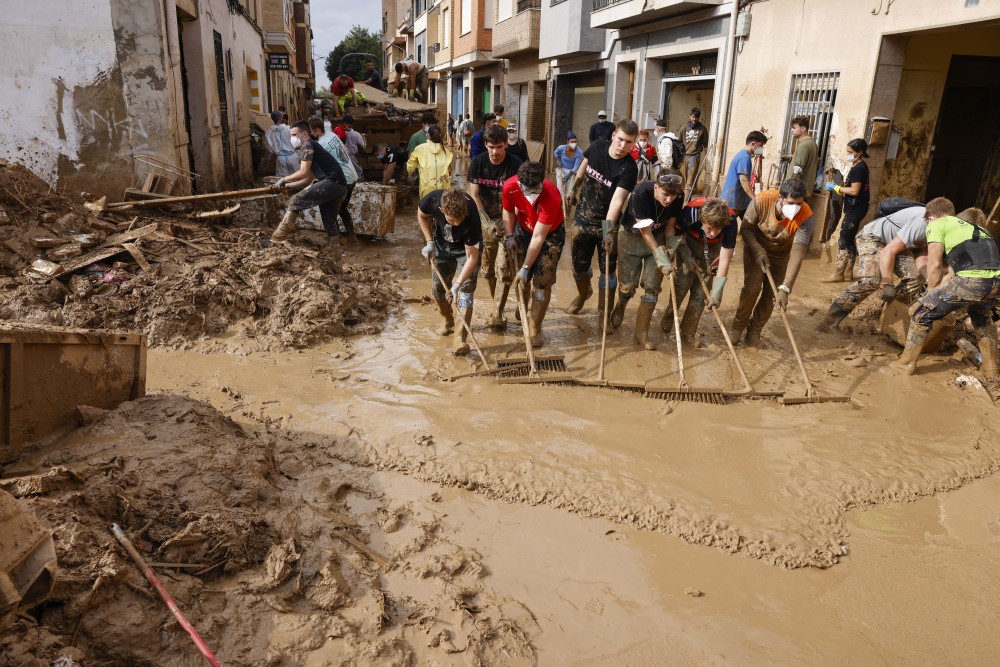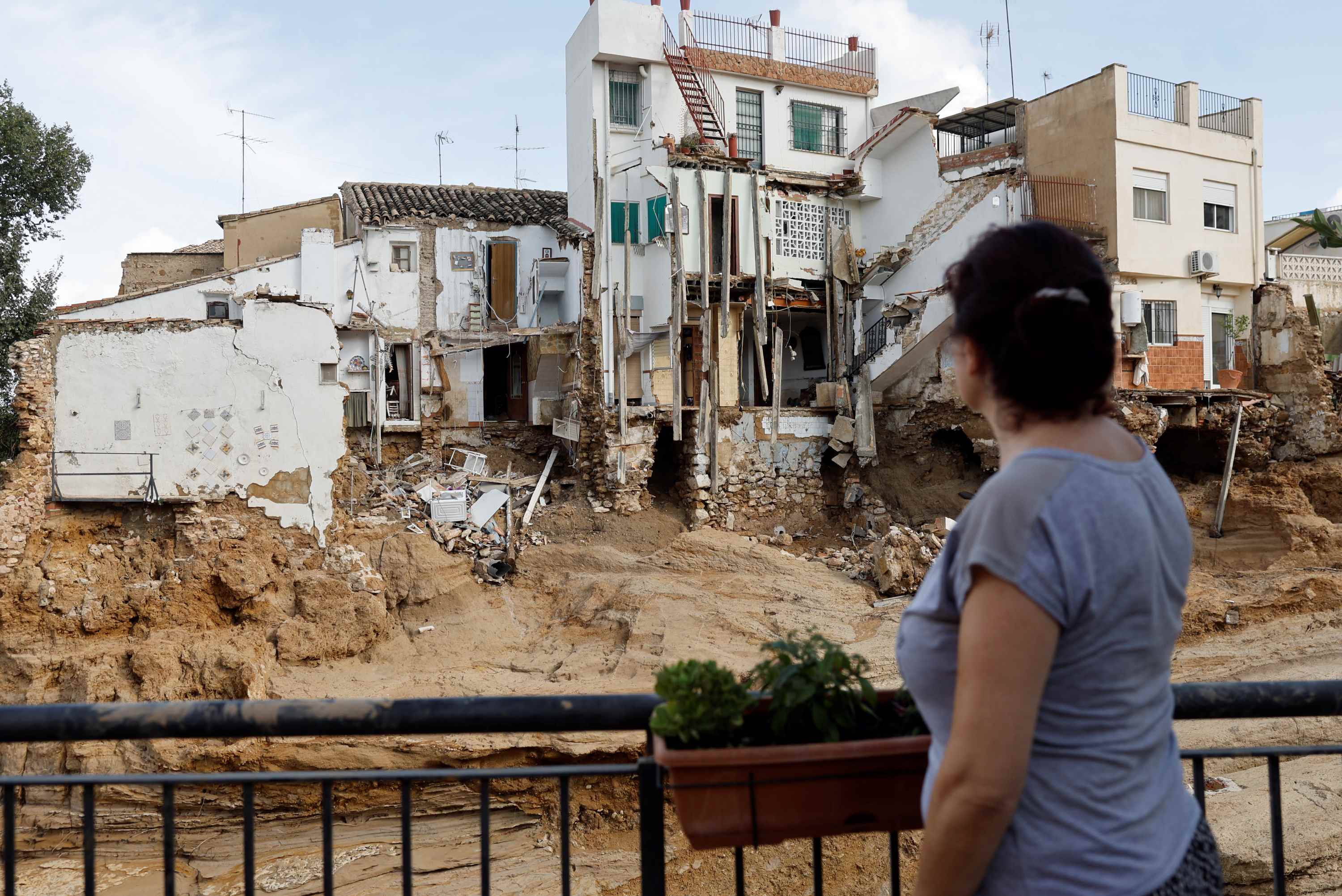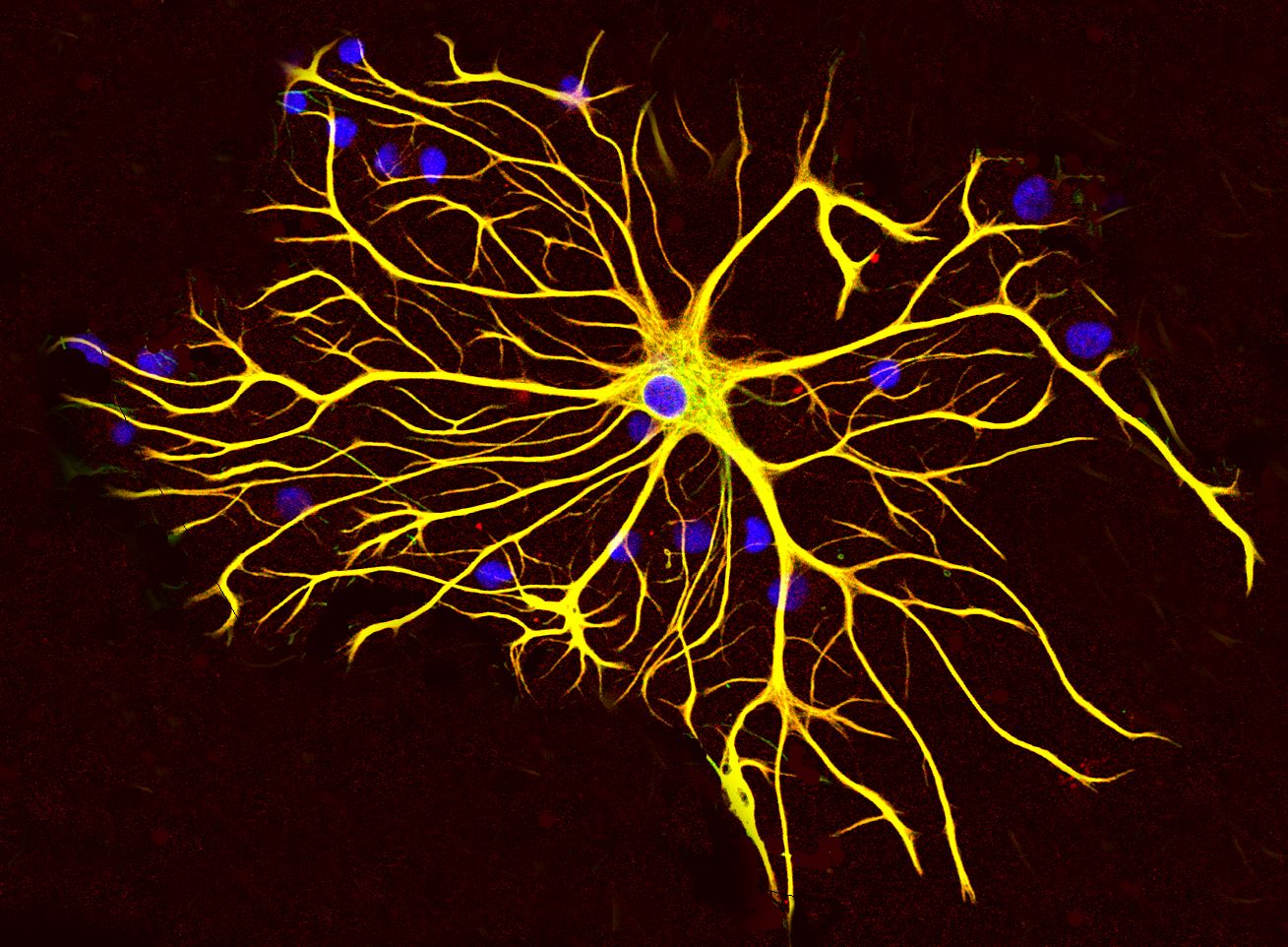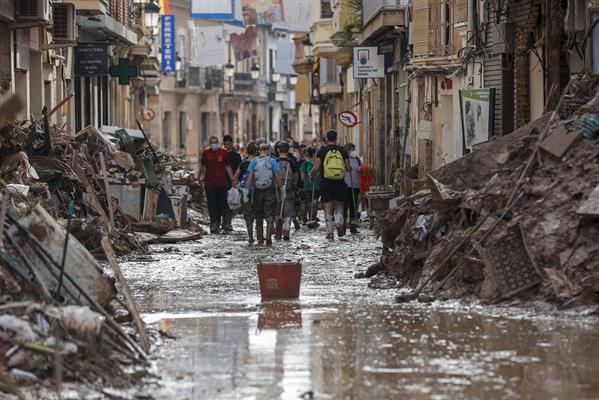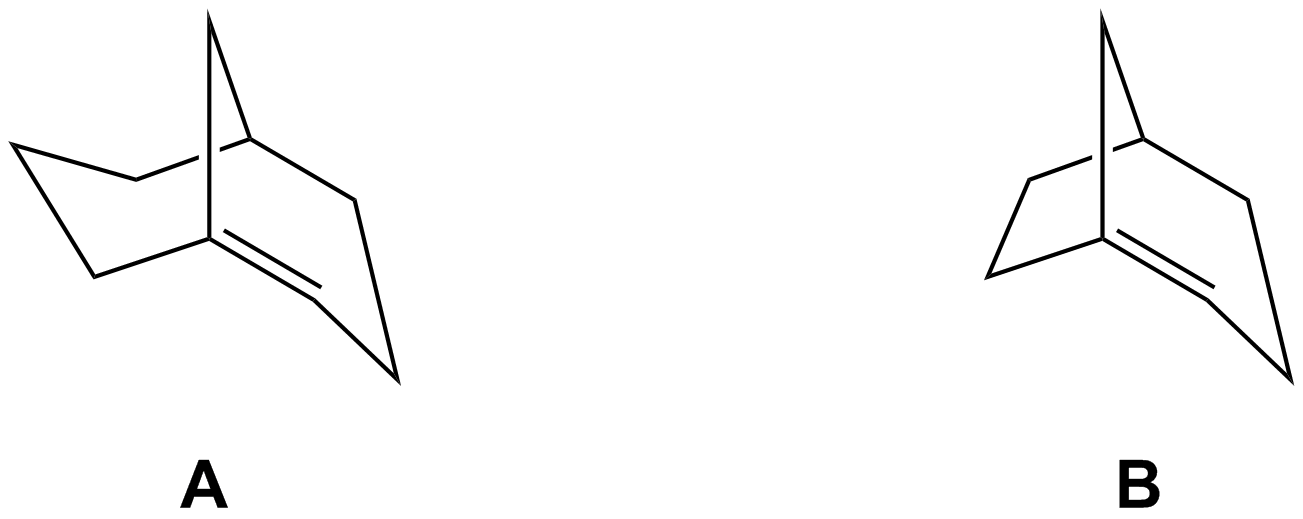CO2 emissions caused by private flights increased by 46 % between 2019 and 2023
Private flights are used by approximately 0.003 % of the world's population, but the CO2 emissions they released in 2023 were equivalent to 1.8 % of those of all commercial aviation. These are the conclusions of a study published in the journal Communications Earth & Environment, which estimates that emissions from private flights increased by 46 % between 2019 and 2023. Almost half of them covered a distance of less than 500 kilometers.

